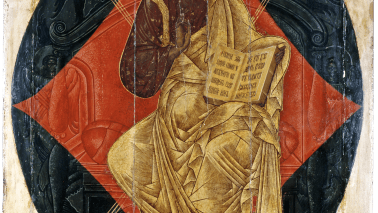There’s a scene at the beginning of The Special Relationship, the third part of Peter Morgan’s Tony Blair trilogy, in which Hillary Clinton offers Blair some advice. ‘People tend to remember you for one thing,’ she says. ‘You have to make sure you define what it is.’
Presumably, Blair’s main reason for writing A Journey is to put a positive spin on his premiership, but he’s left it a little late by Hillary’s standards. The scene above takes place when he’s been in office for less than a month. The point of view of the film — echoing the conventional wisdom — is that Blair will chiefly be remembered for his part in the Iraq war. Morgan depicts him as a vainglorious popinjay whose obsession with his ‘legacy’ led him to embark on a disastrous military adventure alongside a Texan halfwit.
I haven’t read A Journey yet but apparently Blair devotes a fair portion of it to defending his decision to commit British forces to the War on Terror. Not surprisingly, the journalists who’ve been gutting the book have completely ignored this section. We’ve heard all these arguments before, most recently during the Chilcot inquiry. The chances of him revealing a vital new piece of information that will radically alter people’s assessment of him are vanishing-to-zero.
The focus of the newspapers’ attention has been Blair’s attacks on Gordon Brown, whom he describes as ‘maddening’ and ‘difficult’, a man with ‘zero emotional intelligence’. Blair hasn’t been able to resist drawing attention to his three election victories in contrast to his out-for-a-duck successor, but this won’t go far when it comes to shoring up his legacy. It’s not the ability to win power that’s at issue.








Comments
Join the debate for just £1 a month
Be part of the conversation with other Spectator readers by getting your first three months for £3.
UNLOCK ACCESS Just £1 a monthAlready a subscriber? Log in